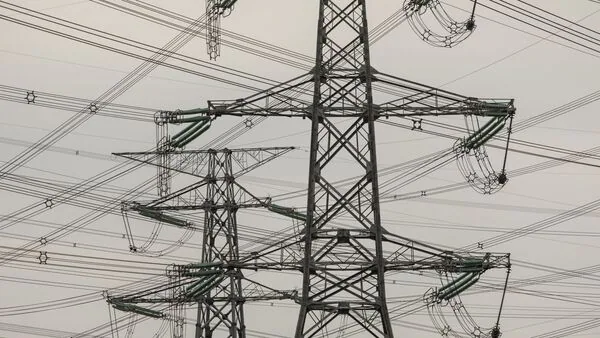
Govt Allays Concern Over Power Cost Rise, State Autonomy Loss Under New Bill
It said the new bill will not erode the autonomy of states, and would in fact preserve federal balance.
In the draft bill to amend the Electricity Act 2003, released earlier this month, the power ministry proposed a slew of reforms, including giving more teeth to state electricity regulatory commissions to fix tariffs on their own bypassing the state discoms and ending cross-subsidies, which has raised concern over a rise in tariffs for farmers.
In the power sector, cross-subsidy is a mechanism where some consumers, typically industrial or commercial users, pay higher electricity tariffs to cover the costs of providing subsidized power to other consumer groups such as households and farmers.
Also Read | Power play: Will states accept the draft Electricity Bill 2025?The ministry on Thursday issued a list of frequently asked questions (FAQs), stating that these measures would bring in progressive reforms aimed at strengthening the power distribution sector through financial discipline, healthy competition and enhanced efficiency.
“Competition reduces the overall cost of electricity supply by improving efficiency and accountability in supply. Shared network usage will eliminate duplication of distribution lines and sub-stations,” the ministry said. "Under monopoly electricity supply model, technical and commercial losses are high and often merged under one head, masking inefficiencies and theft. When state governments provide subsidized electricity to segments like farmers or domestic consumers, the subsidy burden includes not only the intended social support but also the cost of monopoly operations."
The reforms will reduce losses and lower the effective subsidy burden on states, without altering the subsidized tariffs paid by consumers, it said.
Reviving its plans to open up India's power distribution sector, the ministry in its draft bill had said it is looking at allowing multiple discoms to cater to a single area through the existing distribution infrastructure. This would allow private firms to enter electricity distribution, a domain dominated by state-run companies. The Act currently permits parallel licensees to supply electricity in the same supply area, but with their own network, which can potentially lead to duplication of distribution networks. Currently in specific regions, only one discom operates.
Also Read | From tariffs to cross-subsidy, govt makes big power sector reform pushOn the concerns of erosion of autonomy of states, the ministry noted that electricity is in the concurrent list, enabling both the Centre and states to legislate. The bill envisages implementation of reforms through a consultative process between them, it added.
"The proposed Electricity Council will serve as a consultative body to build policy consensus. At the same time, SERCs will continue to determine tariffs, issue licences, and regulate intra-State activities. The Bill thus preserves the federal balance, promotes cooperative governance, and strengthens the framework for addressing the challenges of the power sector," the ministry added.
The draft bill cited delays in tariff revision by discoms while giving the regulator power to revise the rates.
Also Read | India's power grid gets a summer scare Legal Disclaimer:
MENAFN provides the
information “as is” without warranty of any kind. We do not accept
any responsibility or liability for the accuracy, content, images,
videos, licenses, completeness, legality, or reliability of the information
contained in this article. If you have any complaints or copyright
issues related to this article, kindly contact the provider above.


















Comments
No comment